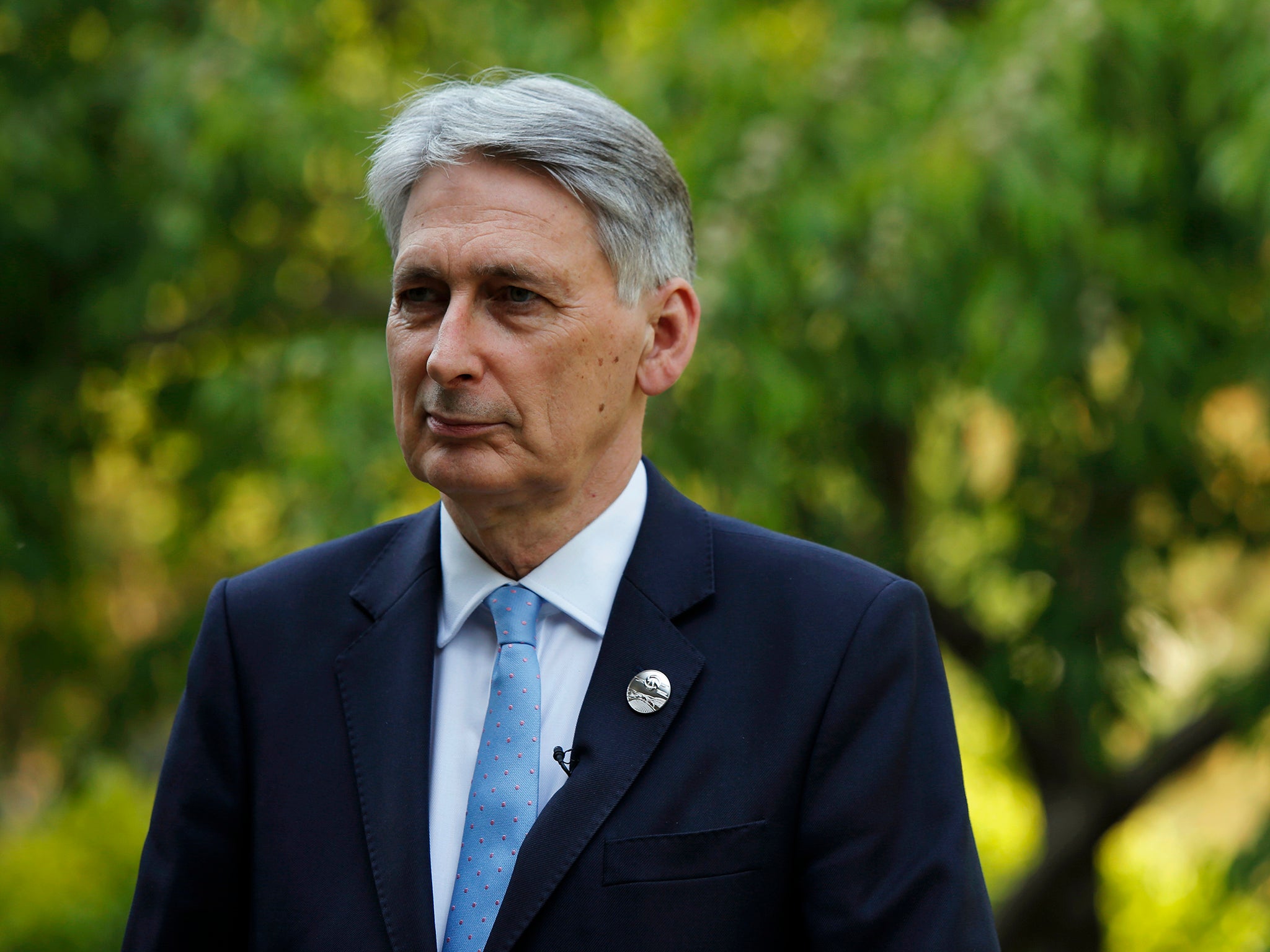The economic costs of Brexit are more than just teething problems – they are built in
Philip Hammond – the former chancellor – has exposed the tension at the heart of the Leavers’ argument, writes John Rentoul


Boris Johnson airily dismisses reports of businesses struggling with post-Brexit red tape as the teething problems that are to be expected after any big change, and implies that once exporters get used to the new checks and procedures, everything will settle down pretty much as before.
This is not, and never was going to be, the case. Of course some of the border problems are temporary, and will ease once people have got used to the new systems. But most of them are not. The way we have left the EU, and in particular our leaving the EU customs union, guarantees a significant economic cost – not because of tariffs, but because of forms that have to be filled in, standards that have to be checked, and products that are simply not allowed.
This is brought home in a long interview for the historical record, carried out by my colleagues at King’s College London, with Philip Hammond, foreign secretary at the time of the EU referendum and chancellor for the three years during which he and Theresa May struggled to give effect to the decision of the British people.
In the shock of the referendum result, Hammond says the Remainers split into two groups, the refuseniks and the pragmatists. “The refuseniks immediately went into a holding pattern of, ‘How soon could we have another referendum and reverse this decision? What was it we didn’t explain properly? Maybe we should have published a couple of additional economic annexes to the paper.’ The pragmatists, of which I’d like to think that I was one, focused on the fact that Brexit was a highly ill-defined concept during the referendum campaign.”
His focus was on how to “curtail the economic damage” of Brexit by remaining part of the EU single market while excluding the UK from the political structures of the EU. The difficult part of that was that free movement of people was central to the single market, while control over immigration was central to the case for Brexit, but Hammond thought that a compromise might be possible.
He may have been too optimistic about that: after all, he thought David Cameron could constrain free movement – by restricting access to tax credits for new EU arrivals – but this attempt failed, and the referendum was lost as a result.
But May never gave such a compromise a chance – even though she might have been in a stronger position to achieve it from outside the EU. Hammond recalls he was “stunned” by the speech that May delivered to the Conservative Party conference in October 2016, in which she said: “Let’s state one thing loud and clear: we are not leaving the European Union only to give up control of immigration all over again.”
Hammond had not seen the important parts of the speech in advance – he says that Nick Timothy, May’s joint chief of staff, “kept me completely away from it” – and remembers: “I was absolutely horrified by what I was hearing. All I remember thinking was, ‘There will be a television camera that will be on your face. If you move a muscle, it will be the story on the front page of every newspaper tomorrow.’”
Looking back, he thinks the British government could have used immigration as leverage in negotiations because, he says, “in practice”, we will “let in hundreds of thousands of European workers” as our economy would collapse without them.
“My argument was always, ‘Since we can clearly anticipate that we’re going to have to let these people in anyway, this is an important bargaining chip because it matters a great deal to our European counterparts that they maintain a narrative of freedom of movement of some kind, even if it’s curtailed freedom of movement.’ There was a big bargaining chip which we essentially gave away.”
Although May tried in the following years to retreat from the “hard” Brexit advertised in that speech, it was too late, in Hammond’s view. She couldn’t deliver a softer Brexit – her plan would have kept the UK “temporarily” in the EU customs union, significantly reducing border costs, but she couldn’t hold her party together and Labour was not interested in helping her.
Towards the end of her time she tried to negotiate with Jeremy Corbyn, the Labour leader, but Hammond comments: “Corbyn certainly wasn’t looking to do a deal of any kind. Corbyn has always been – what’s the word? – emotionally hostile to the EU. He goes right back to the mid-1970s-left view of the EU as a capitalist conspiracy. He was never up for doing anything in that space, I’m quite sure.”
So it was left to Johnson to deliver the harder Brexit to which Hammond remained resolutely opposed to the end. Hammond concludes his interview by commenting that the cost imposed on the economy by Brexit “will be pretty much 100 per cent absorbed by exactly the demographic profile that voted Leave and then voted Johnson, having never voted Tory before, in December 2019. I’m pretty sure that is almost exactly the definition of the people who are going to bear the costs of Brexit.”




Join our commenting forum
Join thought-provoking conversations, follow other Independent readers and see their replies
Comments